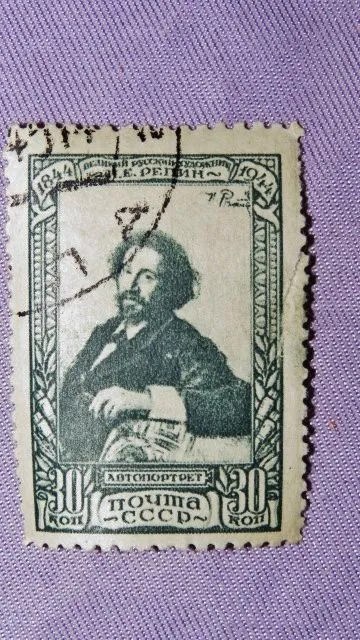Did you know...
that before stamps, it was the recipient of a letter and not the sender that was required to pay the postage. The introduction of postage stamps meant that the receipt of letters was now free of charge and the postage stamp industry was born.
It was the Frenchman Georges Herpin in 1864 who stated that because stamps had been collected and studied for the previous six or seven years, a better name was required for the new hobby than "timbromanie," which was disliked. Herpin suggested a new name as "philatélie" - combining the Greek root phil(o) (meaning "loving"), with Greek ateleia, (meaning "exempt from duties and taxes").* It was anglicized to "Philately" and stamp lovers everywhere took a fancy to it and the name stuck. Philately refers to the collection, appreciation and research activities on stamps and other philatelic products. So yes... now you all know - I am a philatelist.
As I work on cataloging the many stamps my grandfather left me, I found one today that used to puzzle me but I quickly identified it. To any stamp officianado's out there - see if you can determine what country the stamp below belongs to. And if you do, please comment below. Until then, I will play with my mini-art collection this evening, listen to some classic rock music, and enjoy a chilled glass of Merlot... or two. Cheers!



